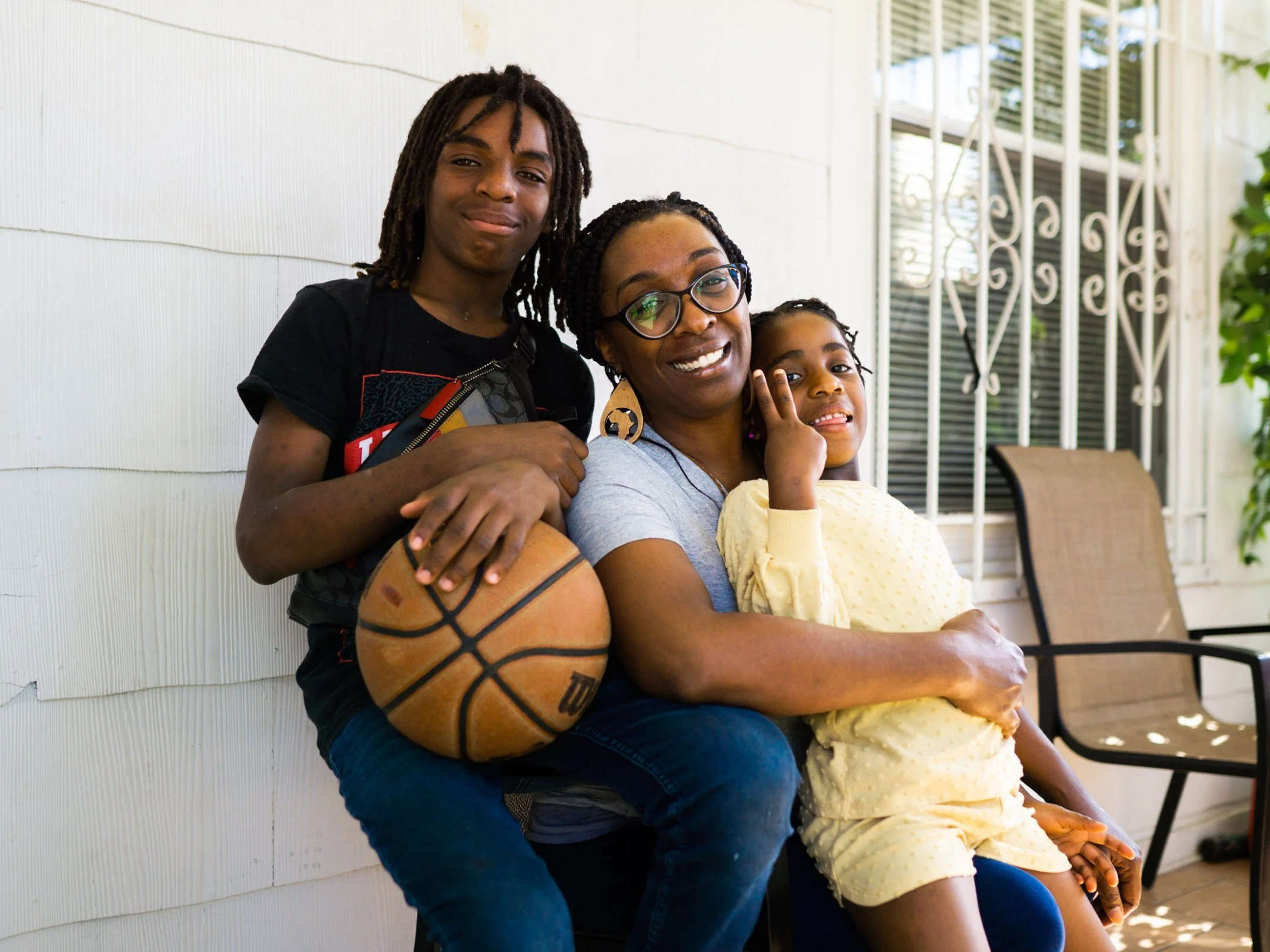Ernie Chambers Files Complaint Against Judge for Denying Married Same-Sex Couple the Right to Adopt
By Jonathan Short
Ernie Chambers, former representative of North Omaha’s District 11 in the Nebraska State Legislature and “Defender of the Downtrodden,” filed an official complaint to Nebraska Supreme Court Chief Justice Michael Heavican regarding a recent decision from Dixon County Judge Douglas Luebe. Chambers called out Judge Luebe’s “discriminatory dismissal of the adoption petition of a married same-sex couple” who were “qualified by law to adopt a minor child.”
Any potential repercussions for Judge Luebe lie in the hands of Chief Justice Heavican. NOISE reached out to Justice Heavican’s office about Chambers’ complaint and was told that Heavican’s office was “unable to answer” our questions “due to the confidentiality of the Judicial Qualifications Commission.” The Chief Justice’s office, however, did explain that disciplinary actions could include a number of possibilities outlined in the judicial discipline process, possible repercussions include the “reprimand, discipline, censure, suspension, removal, or retirement of such judge.”
The complaint filed on July 6th , 2020, comes a year after Kelly Hoagland and Maria Salas Valdez were told by Judge Luebe that he was tossing out their adoption petition. In an article from the Omaha World Herald, Judge Luebe was quoted saying he was “old fashioned” and that the “plain ordinary language” of state adoption law does not permit a “wife and a wife” to adopt. He added that if he were to allow the adoption, it would turn the courtroom into an “imagination station.”
For decades, Chambers has fought for those facing discrimination.
He calls his personal experiences of racial discrimination and the discrimination he has witnessed the “driving force” behind his complaint. Chambers says he has been “sensitized” to all forms of discrimination, but especially to those who have been placed “outside the pale” and viewed “less-than-fully-human.”
Upon reading the Omaha World Herald’s account on the matter, Chambers said in his complaint letter that he “seethed with anger” and added that the blatant unlawfulness of Judge Luebe’s actions compelled him to “conclude that he has no fear of consequences.” In Chambers’ complaint, he pointed toward the Nebraska Constitution to make his case, quoting Article V, Section 30. “Judge Luebe’s unlawful act caused harm by inflicting extreme mental anguish on a family and did thereby engage in ‘conduct prejudicial to the administration of justice that brings the judicial office into disrepute,’” said Chambers.
According to the Nebraska Constitution, “A judge shall perform the duties of judicial office, including administrative duties without bias or prejudice.” Chambers said Judge Luebe voluntarily admitted to his prejudice, saying, “his ‘old fashionedness’ led him to disregard what he knew the law to be,” and added that Judge Luebe “wove the net that ensnared him.”
“Angry-Outrage” was Chambers’ two word summation when writing about the discriminatory mistreatment in court in his complaint. In his words, a judge must impose justice “without regard for a supplicant’s social status or lack thereof— or race, creed, color, national origin, sex, gender or sexual orientation.” Chambers’ long track record of fighting against discrimination, including mistreatment based on sexual orientation, is why he felt “particularly incensed” by Judge Luebe’s conduct and believes Judge Luebe must be “admonished” for his actions.
In 1991 Chambers filed another complaint against a judge for discriminatory misconduct when District Judge Orville Coady used the “N” word during a trial when scolding a white man for not paying child support. For context, Judge Coady used the word when attempting to convey how the man should be treated, or who he should be treated like. Ultimately, the Nebraska Supreme Court suspended Judge Coady for only a single month and ordered him to take a “human relations” workshop at Doane College. In a 1992 Lincoln Journal Star article, Chambers called the punishment “inconsequential” given the egregiousness of his actions.
In Chambers’ complaint, touching on Judge Luebe’s “old fashionedness,” he wondered [if dealing with a Black person] “would it ‘carry him back’ to old Jim Crowism, segregation and discriminatory mistreatment?”
Chamber’s complaint emphasizes Judge Luebe’s actions should not be dismissed without discipline because he did not perform his duties impartially.
To polish off the 20 page complaint, Chambers called Judge Luebe’s conduct “so blatantly inhumane, cruel and devoid of ordinary human compassion that the Angels of impartial justice and judicial rectitude droop their pinions and blush in mortification.”
Following Judge Luebe’s denial of their adoption, Kelly Hoagland and Maria Salas Valdez took their case to the Nebraska Supreme Court who overruled Judge Luebe and granted the couple the right to adopt. Ironically enough, the Supreme Court cited “the plain, ordinary language of the law” as the reason for approval to adopt, the same defense Judge Luebe used to deny.
In a similar situation from 2017, a Kentucky Judge W. Mitchell Nance was being investigated for refusing to hear adoption cases involving same-sex couples. Instead of fighting the Judicial Conduct Commission’s charges, Judge Nance resigned. He was facing sanctions that included possible removal from the bench. In an interview with the Washington Post, Chris Hartman, an LGBT advocate whose organization the Fairness Campaign helped to bring the complaint, said “Judge Nance must have seen the writing on the wall.” In Kentucky, same-sex couples are legally allowed to adopt, just as they are in Nebraska.
















